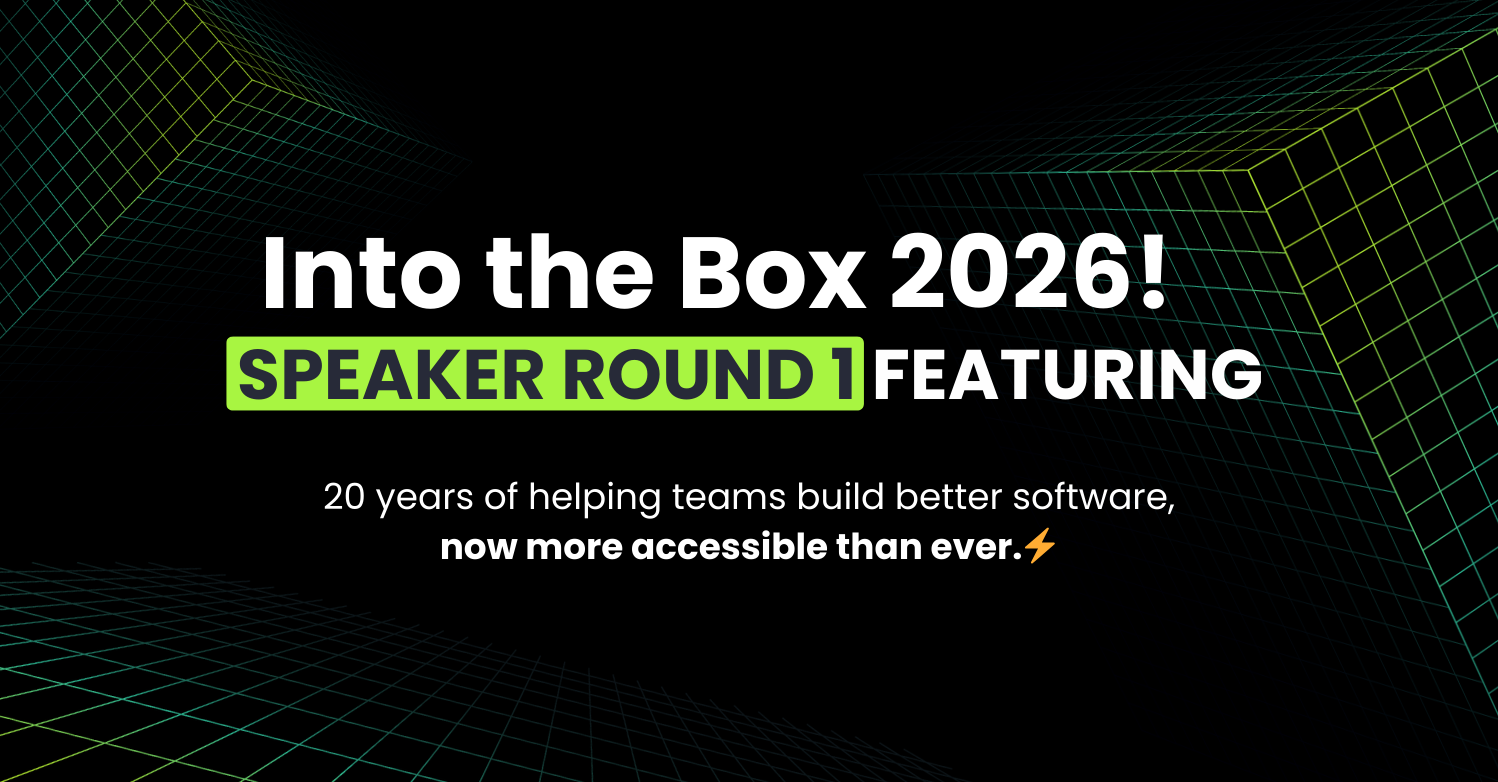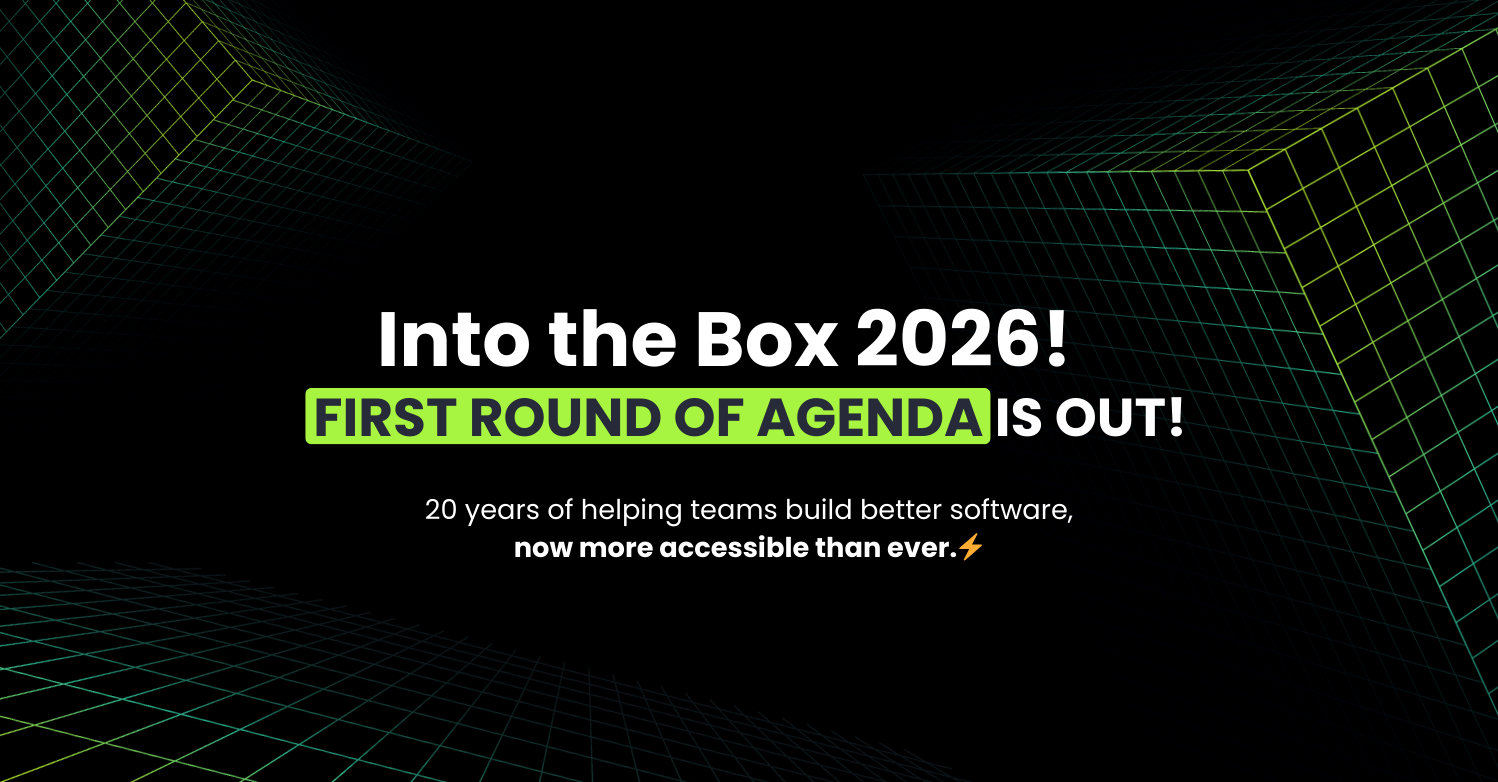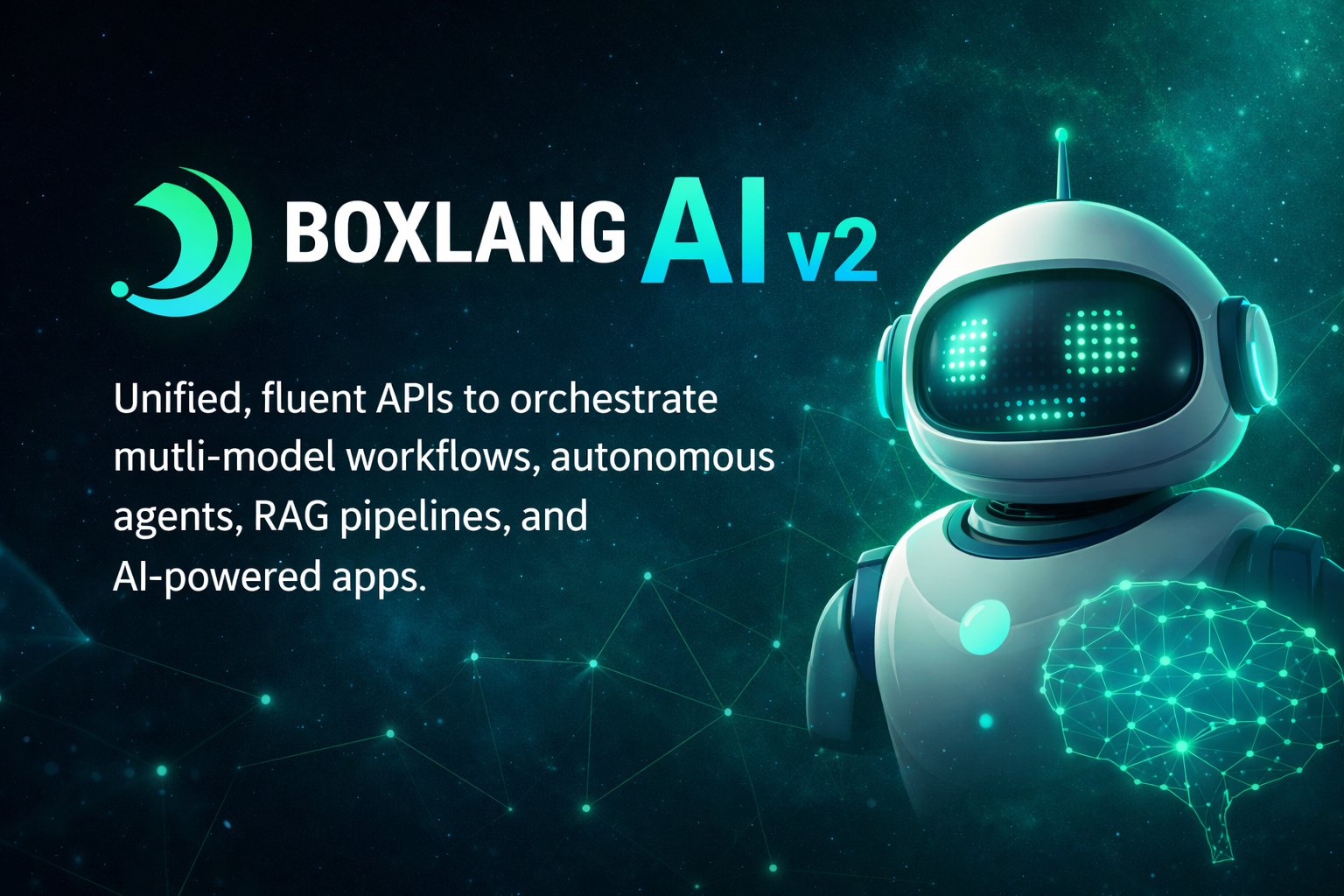- MockBox : An enterprise object mocking/stubbing framework
- LogBox: Enterprise ColdFusion Logging Library
- BlenderBox : Enterprise Inversion of Control, Dependency Injection, Annotation and AOP framework
- CacheBox : Enterprise Caching Engine
- ColdBox MVC : MVC framework
- ColdBox Messaging : Cluster Aware JMS messaging and distributed computing
- SHHH (Others coming soon)
Download LogBox 1.0 Beta: http://www.coldbox.org/index.cfm/download
Download MockBox 1.0 Beta: http://www.coldbox.org/index.cfm/download
Want to suggest a feature, fix a bug, new something? User your voice: http://coldbox.uservoice.com/
So let's explore a little about LogBox:
LogBox is an enterprise ColdFusion logging library designed to give you flexibility, simplicity and power when logging or tracing is needed in your applications. LogBox is part of the ColdBox Platform 3.0 suite of services and libraries. LogBox allows you to easily build upon its logging framework in order to meet any logging or reporting needs your applications has. ColdFusion has the very basic cflog tag that you can use in your applications to leverage file logging but it has many limitations. LogBox allows you to create multiple destinations for your loggings and even be able to configure them or change them at runtime.
Almost every application needs some kind of logging or tracing capabilities and we believe that LogBox fills that void. Although you always have to remember that over-use of logging can slow down an application. However, LogBox offers you the capabilities to filter out or be able to cancel logging noise a-la-carte. LogBox was inspired by the original logging capabilities in ColdBox and in the Log4j project.
Almost every single application needs some kind of logging and tracing capabilities. One can usually use the now famous cflog or cftrace tags but you can reach a limitation very fast. What if you needed to log only certain severity levels for a particular cfc or piece of code? What if you needed that severity to advice you via SMS or Twitter, yes Twitter? Well, you would have to build all of these advising and logging capabilities yourself. Also, inserting log statements is tedious, time consuming and sometimes it just pollutes our real code. What if you wanted to turn it off easily, or reconfigure it? Well, you can obviously feel the pain now as we all have dealt with these situations. Therefore, LogBox has been built.
What Can LogBox Do For You?
- LogBox can handler the inserting of logging or tracing statements in your applications with a very easy to use API and gives you the ability to manage it externally without touching application code.
- You can configure LogBox via the following means:
- A programmatic configuration file (cfc)
- An xml configuration file
- LogBox categorizes your logging or tracing statements according to user-defined categories that can be configured at runtime or pre-runtime. All of these categorizations can have their own logging level ranges and even their own destination points or what we refer to as LogBox Appenders.
- LogBox Appenders are the different destination points you can configure for your logging or tracing statements. LogBox also offers a basic extensible API so you can build and extend upon the Appender framework according to your logging or tracing needs. This gives you complete control and flexibility of how to expand LogBox. Some appenders included in LogBox can log to the following destinations: File, Database, Twitter, Sockets, Email, ColdFusion logging, System Console, and much more.
- LogBox also facilitates the creation of your very own customized message formats via Layouts. You can create a Layout component that can be configured in to ANY LogBox appender so it can spit out your very own customized messages.
- LogBox can be instantiated as many times as you want and used as many times as you like in a single application. There are no restrictions upon its usage.
| Appender | Description |
| AsyncFileAppender | An Asynchronous file appender |
| AsyncRollingFileAppender | An Asynchronous file appender that can do file rotation and archiving |
| CFAppender | Will deliver messages to the coldfusion logs |
| ConsoleAppender | Will deliver messages to the console via system.out |
| DBAppender | Will deliver messages to a database table. It can even auto create the table for you. |
| EmailAppender | Will deliver messages to any email address |
| FileAppender | Will deliver messages a file |
| RollingFileAppender | A file appender that can do file rotation and archiving |
| ScopeAppender | Will deliver messages to any ColdFusion scope you desire |
| SocketAppender | Will connect to any server socket and deliver messages |
| TwitterAppender | Can either send direct messages to a twitter user or update a status of a twitter user. |
This is just a simple introduction to LogBox. If you are compelled to continue reading, then please continue in our wiki at http://ortus.svnrepository.com/coldbox/trac.cgi/wiki/cbLogBox




Add Your Comment
(9)
Jul 10, 2009 02:32:32 UTC
by Aaron Longnion
@Luis - thanks so much for putting this together! We have become frustrated with the limitations of cflog, especially in our architecture with 8 CF8 instances in a cluster. It looks like LogBox can solve all our logging issues!
Jul 10, 2009 07:50:26 UTC
by Curt Gratz
This looks awesome. I had created my own Coldbox DB log tool, but it is great that it will now be baked right in. Email logging also...Good thoughts. Thanks as always, Curt Gratz
Jul 10, 2009 08:40:45 UTC
by Dan Wilson
Luis, This project looks pretty cool. I'd like to talk to you about the dependencies of this project. Maybe this would give us a collaboration opportunity? DW
Jul 10, 2009 17:22:46 UTC
by Tony Garcia
Sounds really cool, Luis. Looking forward to the new platform. One thing, though: Isaac Dealey already has a project named CacheBox: http://cachebox.riaforge.org
Jul 10, 2009 18:47:09 UTC
by Luis Majano
Hmm, good catch. Well, a renaming will have to take place then. Although the real name is ColdBox CacheBox, but anyways, any ideas? Maybe just ColdBox Cache, which is the original name.
Jul 10, 2009 18:47:58 UTC
by Luis Majano
@dan Thanks Dan!! LogBox is standalone, so you can use it as is or integrate it as is. I sent you an email with some details!! Gracias Amigo!
Jul 12, 2009 14:40:40 UTC
by Sami Hoda
Excellent work as always Luis!
Jan 28, 2011 11:25:22 UTC
by Susan
Can I intergate LogBox with the CFWheels Framework? If so, do I also need to copy the /ColdBox/ folder into the route of my CFWheels application? Thanks in advance for your help.
Jan 28, 2011 11:59:49 UTC
by Luis Majano
Hi Susan, You can because the library can be used standalone. Just download the standalone package. However, we do recommend you give ColdBox a shot as an MVC framework, you will be happily surprised!